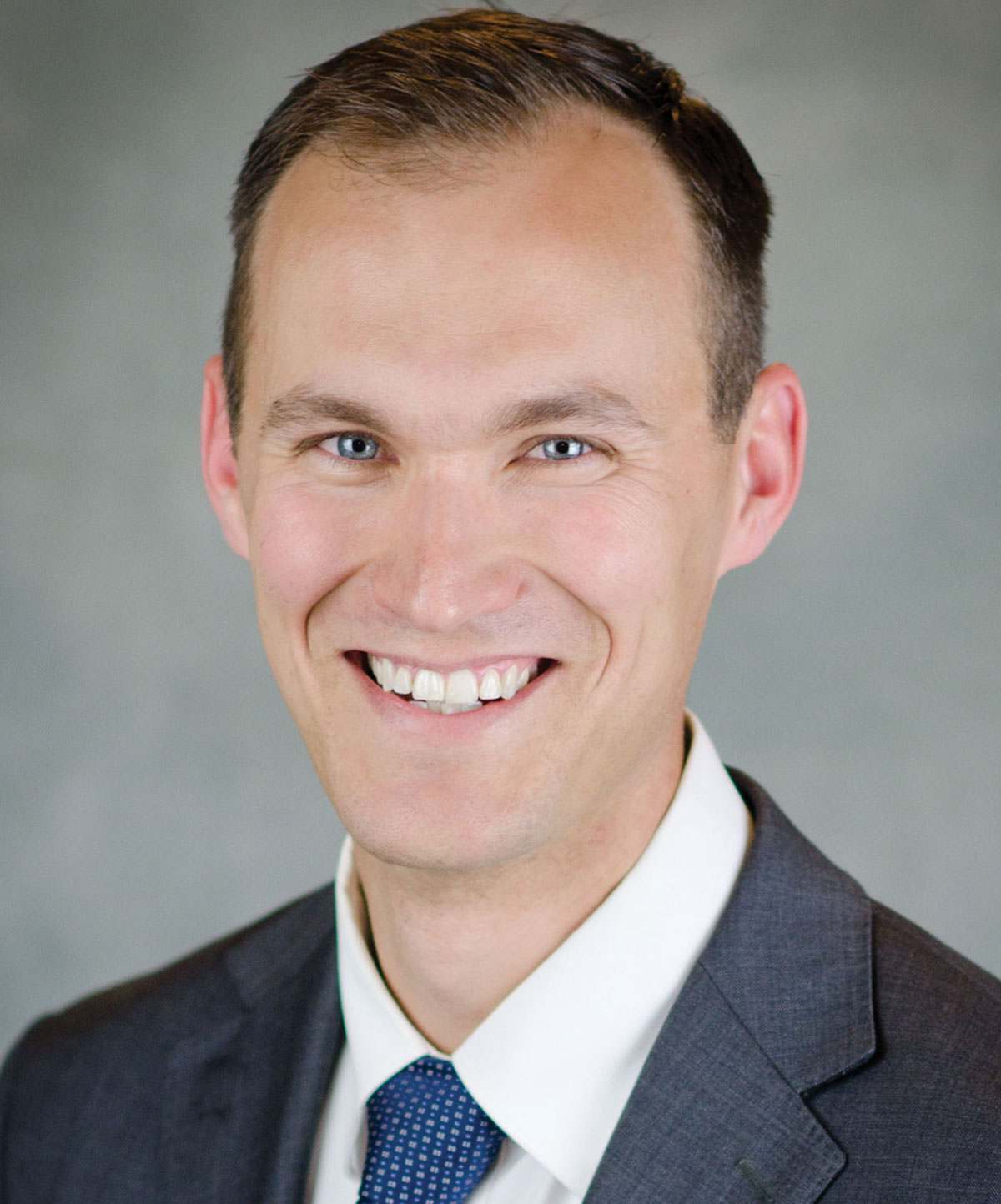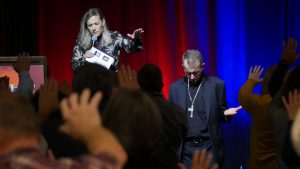
When Bishop Swain and Bishop Gruss asked me to begin the South Dakota Catholic Conference this last fall, the Rushmore State joined 43 other states – including our Midwest and mountain neighbors – that already have Catholic conferences.
The mission of the Catholic Conference in a nutshell is to serve as the Church’s institutional ambassador to the public square, keeping the bishops of South Dakota informed on lawmaking, administrative rule-making, and judicial action at the state and federal level, and to serve as a platform for them to exercise their voice when, as happens with increasing frequency, issues arise in the civic arena that bear on the Church’s social and moral teachings. As our nation’s First Amendment recognizes, religious faith has a vital role to play in the health of our Republic, and the Catholic Conference is an initiative that will ensure that the Church has a voice on behalf of the common good.
Elsewhere in the nation, historically, a large wave of state Catholic conferences were born in the immediate wake of the Second Vatican Council, and state-by-state additions have been steady in the intervening decades. The Council has been described by some as a “missionary council,” and I think this is important to consider in connection with the birth and growth of Catholic conferences in the post-conciliar decades. They are, in a certain sense, instruments serving the Church’s missionary mandate. While my work is focused on the nuts-and-bolts of policy, on being a resource to legislators and citizens alike, there really is a missionary flavor to it, a sense that it’s one way in which the Church can be a light to the nations. The New Evangelization at the capitol.
Further, there’s an urgency to the work of the Catholic Conference as a response to the signs of the times. Pope Francis, in his beautiful exhortation Evangelii Guadium, points out that “the process of secularization tends to reduce the faith and the Church to the sphere of the private.” We can certainly attest to this trend in our country. On the contrary, Pope Francis reminds us, “responsible citizenship is a virtue, and participation in political life is a moral obligation.” As the U.S. Bishops tell us in Forming Consciences for Faithful Citizenship, “the Church’s obligation to participate in shaping the moral character of society is a requirement of our faith.” There are no benchwarmers on our team, and we can’t leave our faith on the sidelines.
So, at root, the fundamental purpose of the Catholic Conference is to spread forth before our fellow citizens in the public square the banquet of the Church’s beautiful teachings as a witness to the truth that sets us free, and I hope to equip you to do the same. This banquet, to be clear, is not a list of “No-no’s,” a terse recitation of prohibitions. Rather, it’s a vision for the fullness of life. As the Holy Father puts it, the “Church’s social thought is primarily positive: it offers proposals, it works for change and in this sense it constantly points to the hope born of the loving heart of Jesus Christ.” The dignity of the human person and respect for the family, the sanctity of life, religious freedom – all of the issues that form a firm foundation for a just society – to propose these truths is to propose a feast.
As this article goes to press, our neighbors who serve us as elected legislators are gathered in Pierre to do the heavy-lifting of political governance. They’ll engage with one another on a host of issues of importance to our common life as citizens.
For their service, we thank them. It will be my task to track legislation under consideration and to highlight for you those bills that might most benefit from a reading with the Church’s social and moral teaching.
Visit www.sdcatholicconference.org to stay up-to-date on what’s happening during the legislative session, and if you’re not sure who your district’s Senator and House Representatives are, I encourage you to learn. If you’d like to receive e-mail alerts or provide feedback, send me a note through the website.
Lastly, thank you for your prayers on behalf of our elected leaders and the Catholic Conference.
Christopher Motz
Executive Director
South Dakota Catholic Conference


